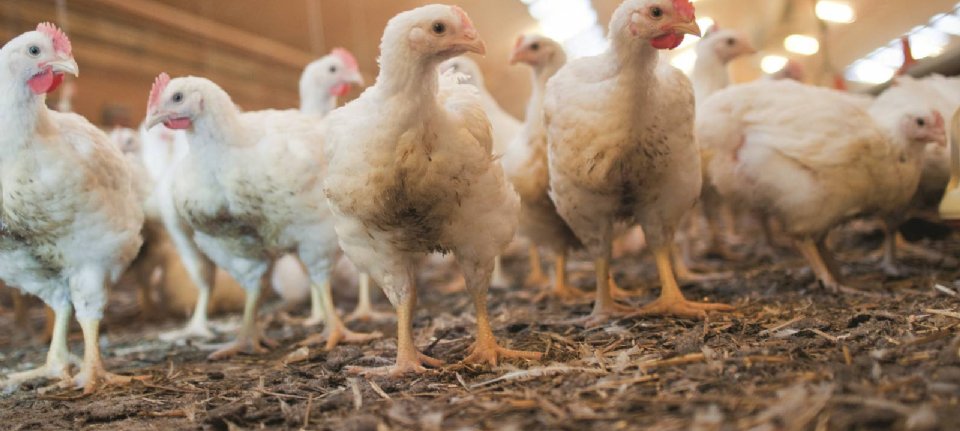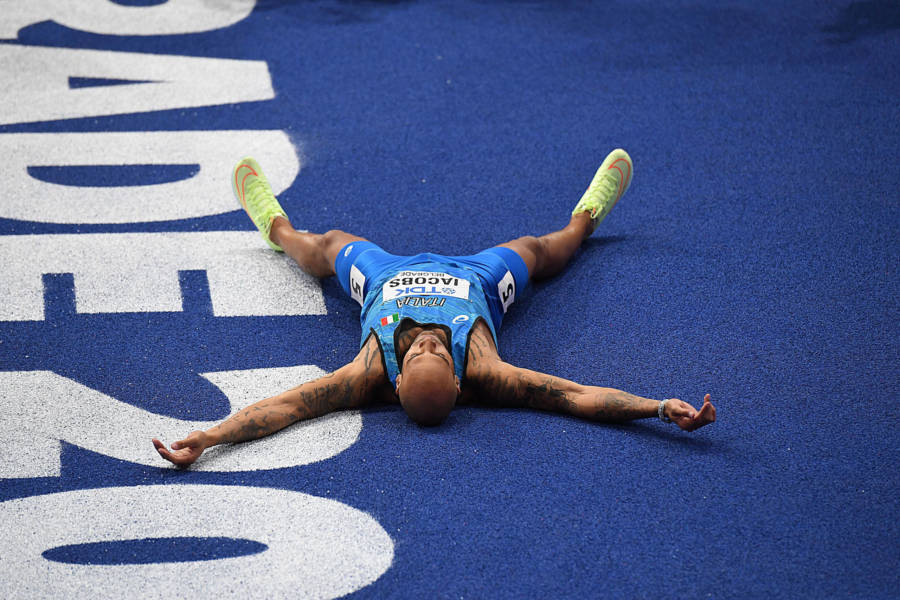Animal Protection calls the annually recurring outbreaks of bird flu an untenable situation. The organization indicates that it is high time that serious work was done on structural solutions. This also includes bottlenecks with regard to nitrogen, water, climate, zoonoses and animal welfare.
–
Animal protection is reckoning that bird flu is a permanent problem, because highly pathogenic variants of the bird flu virus (HPAI) are now endemic in wild birds. The current fight against the killing of animals and an obligation to be kept in a cage is no longer valid, according to Dierenbescherming. Animal Protection writes that in a note that appeared on May 6.
vaccinate
‘Everyone seems to agree that vaccinating poultry is necessary,’ concludes Dierenbescherming. Trials with vaccines against bird flu are currently being prepared in the Netherlands. France is also testing vaccines and the European Food Safety Agency EFSA is being asked to make an overview of bird flu vaccines. Animal protection calls this ‘steps in the right direction’.
According to Dierenbescherming, it is important that vaccines can be used in practice as soon as possible. The Ministry of Agriculture can contribute to this by making more money available for vaccine research. The step-by-step plan for vaccination – one of the action points from the Roadmap Strategic Approach Bird Flu – is also important, according to Dierenbescherming. One of the main points of this is the removal of bottlenecks such as trade barriers.
Fewer animals per company
In addition, Dierenbescherming argues for fewer animals per company in areas such as the Gelderse Vallei and around Venray. Areas where the concentration of poultry farms is high. The organization relies on the report of the Bekedam Committee ‘Zoönoses in sight’. Reducing the number of animals per farm is a core recommendation of this committee.
‘Not only does a smaller number of animals on an infected farm reduce the risk of mutations (dangerous to humans) but fewer animals also have to be killed if ‘clearing’ has to be done anyway,” writes Dierenbescherming. The organization also points out that a solution must be found for existing companies in the vicinity of large bodies of water and companies in the vicinity of ‘new wet nature’.
Send waterfowl
‘The nature objectives must be leading when constructing new wetlands. Where possible, existing poultry farms can be taken into account, but that will not be the case everywhere. Wet nature can also help to send water birds to where you do want them,’ says Dierenbescherming.
In order to curb the risk of bird flu, Dierenbescherming says ‘great steps are needed’. The organization believes it is high time that serious work was done on all possible solutions. ‘Not only because animal welfare is now at risk due to all the culling and the long confinement obligation, but also for poultry farmers, for the free-range sector and for public health.’
–


